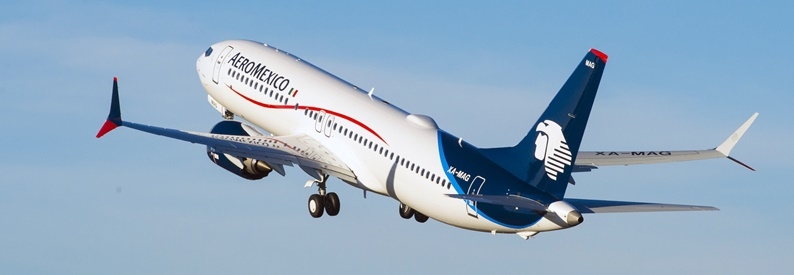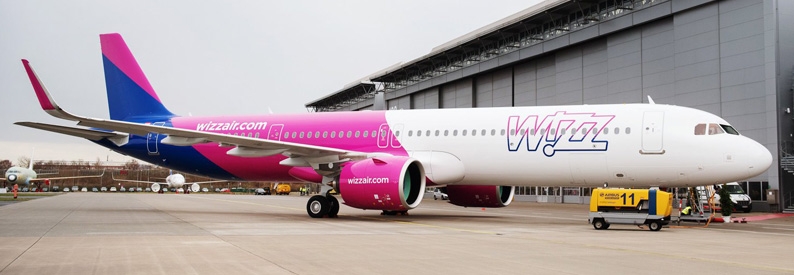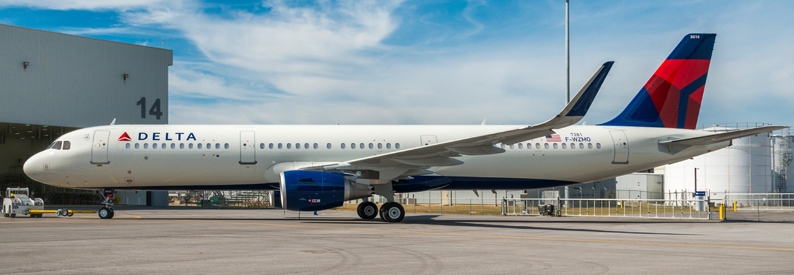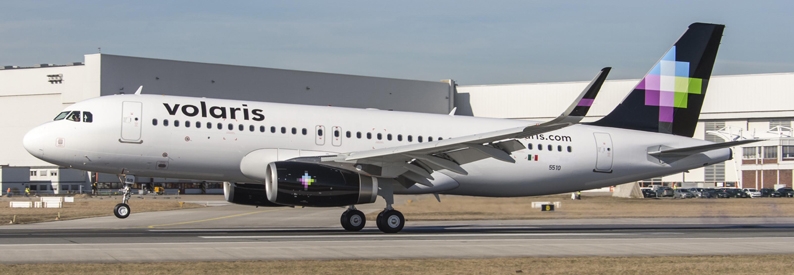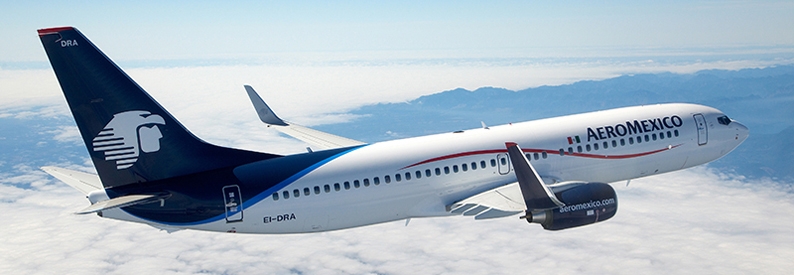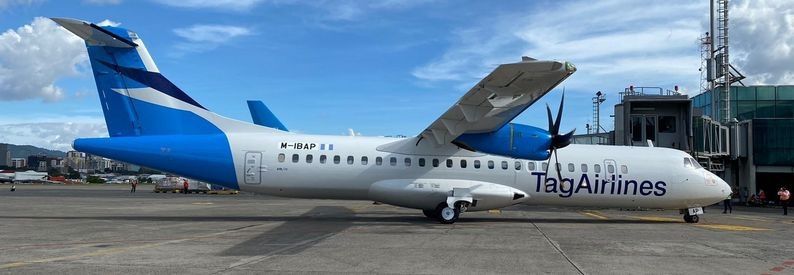Volaris (Y4, México City International) has lowered its capacity and financial guidance for the remainder of 2023, due in part to the impact of the groundings of its A320neo Family jets caused by Pratt & Whitney PW1000G engine issues.
The Mexican low-cost carrier expects to increase its capacity (measured in available seat miles) in 2023 by 10% compared to 2022, down from the previous guidance of 13%. Its EBITDAR margin is now expected to reach 26%, down from the previous 29-31% range. It also estimates its total operating revenues in 2023 will reach USD3.2 billion, at the lower end of the earlier USD3.2-3.4 billion range.
The airline said the lower guidance was caused primarily by the Pratt & Whitney engine issues and rising fuel costs.
"The Volaris team is actively executing plans to mitigate the engine inspection impact, including a project to optimise our route network. We anticipate our growth rate will slow while we work through the required engine shop visits. We will continue to modify our plans as we get more detail from P&W," Chief Executive Enrique Beltranena said.
The ch-aviation Commercial Aviation Aircraft Data module shows that the LCC operates forty-five A320-200Ns, six A321-200Ns, and fifteen A321-200NX equipped with PW1000G engines. Currently, fifteen A320neo and two A321neo are parked for maintenance. The airline's fleet also comprises two A319-100s, thirty-nine A320-200s, and ten A321-200s. Indigo Partners-backed Volaris has a further 142 A320neo Family aircraft on order from Airbus.
- Type
- Base
- Aircraft
- Destinations
- Routes
- Daily Flights

